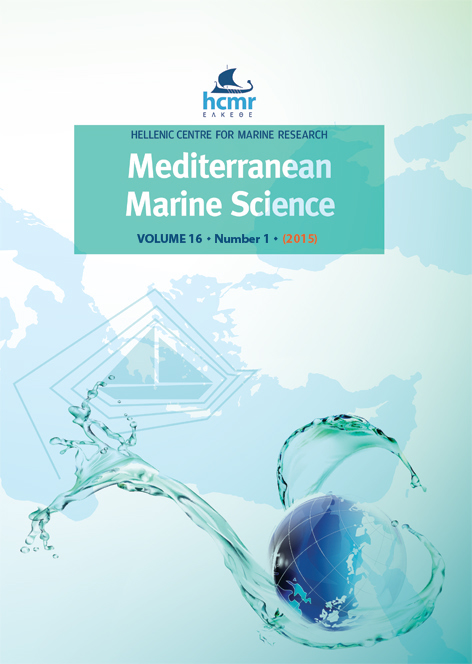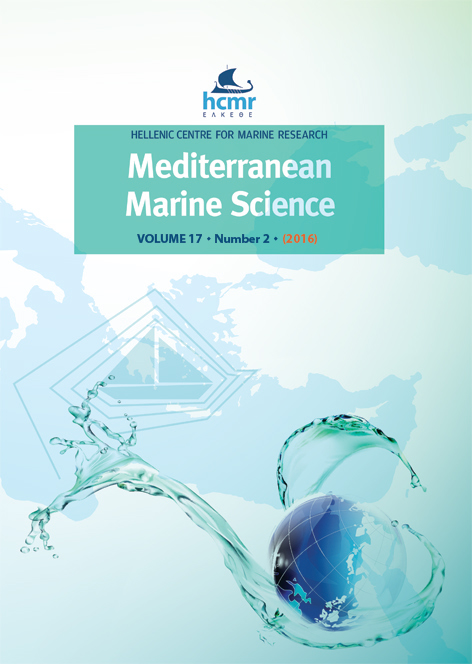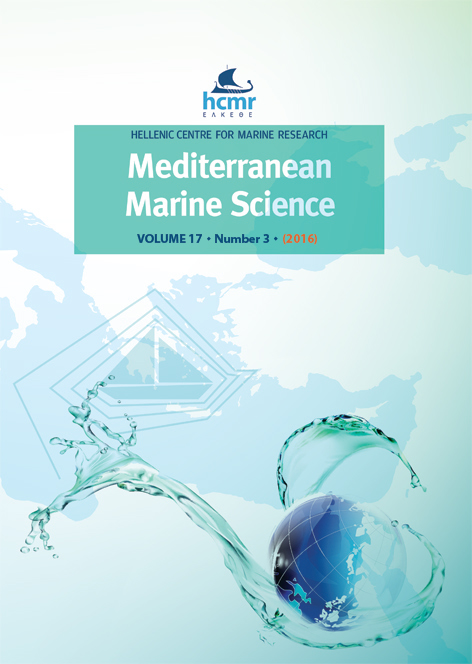Loss of genetic variation in Greek hatchery populations of the European sea bass (Dicentrarchus labrax L.) as revealed by microsatellite DNA analysis
Abstract
Genetic variation in four reared stocks of European sea bass Dicentrarchus labrax L., originating from Greek commercial farms, was assessed using five polymorphic microsatellite markers and was compared with that of three natural populations from Greece and France. The total number of alleles per marker ranged from 8 to 22 alleles, and hatchery samples showed the same levels of observed heterozygosity with samples from the wild but substantially smaller allelic richness and expected heterozygosity. The genetic differentiation of cultivated samples between them as well as from the wild origin fish was significant as indicated by Fst analysis. All population pairwise comparisons were statistically significant, except for the pair of the two natural Greek populations. Results of microsatellite DNA analysis herein showed a 37 % reduction of the mean allele number in the hatchery samples compared to the wild ones, suggesting random genetic drift and inbreeding events operating in the hatcheries. Knowledge of the genetic variation in D. labrax cultured populations compared with that in the wild ones is essential for setting up appropriate guidelines for proper monitoring and management of the stocks either under traditional practices or for the implementation of selective breeding programmes.
Article Details
- Zitationsvorschlag
-
LOUKOVITIS, D., IOANNIDI, B., CHATZIPLIS, D., KOTOULAS, G., MAGOULAS, A., & TSIGENOPOULOS, C. S. (2014). Loss of genetic variation in Greek hatchery populations of the European sea bass (Dicentrarchus labrax L.) as revealed by microsatellite DNA analysis. Mediterranean Marine Science, 16(1), 197–200. https://doi.org/10.12681/mms.1033
- Ausgabe
- Vol 16, No 1 (2015)
- Rubrik
- Short Communication
Authors who publish with this journal agree to the following terms:
- Authors retain copyright and grant the journal right of first publication with the work simultaneously licensed under a Creative Commons Attribution Non-Commercial License that allows others to share the work with an acknowledgement of the work's authorship and initial publication in this journal.
- Authors are able to enter into separate, additional contractual arrangements for the non-exclusive distribution of the journal's published version of the work (e.g. post it to an institutional repository or publish it in a book), with an acknowledgement of its initial publication in this journal.
- Authors are permitted and encouraged to post their work online (preferably in institutional repositories or on their website) prior to and during the submission process, as it can lead to productive exchanges, as well as earlier and greater citation of published work (See The Effect of Open Access).







